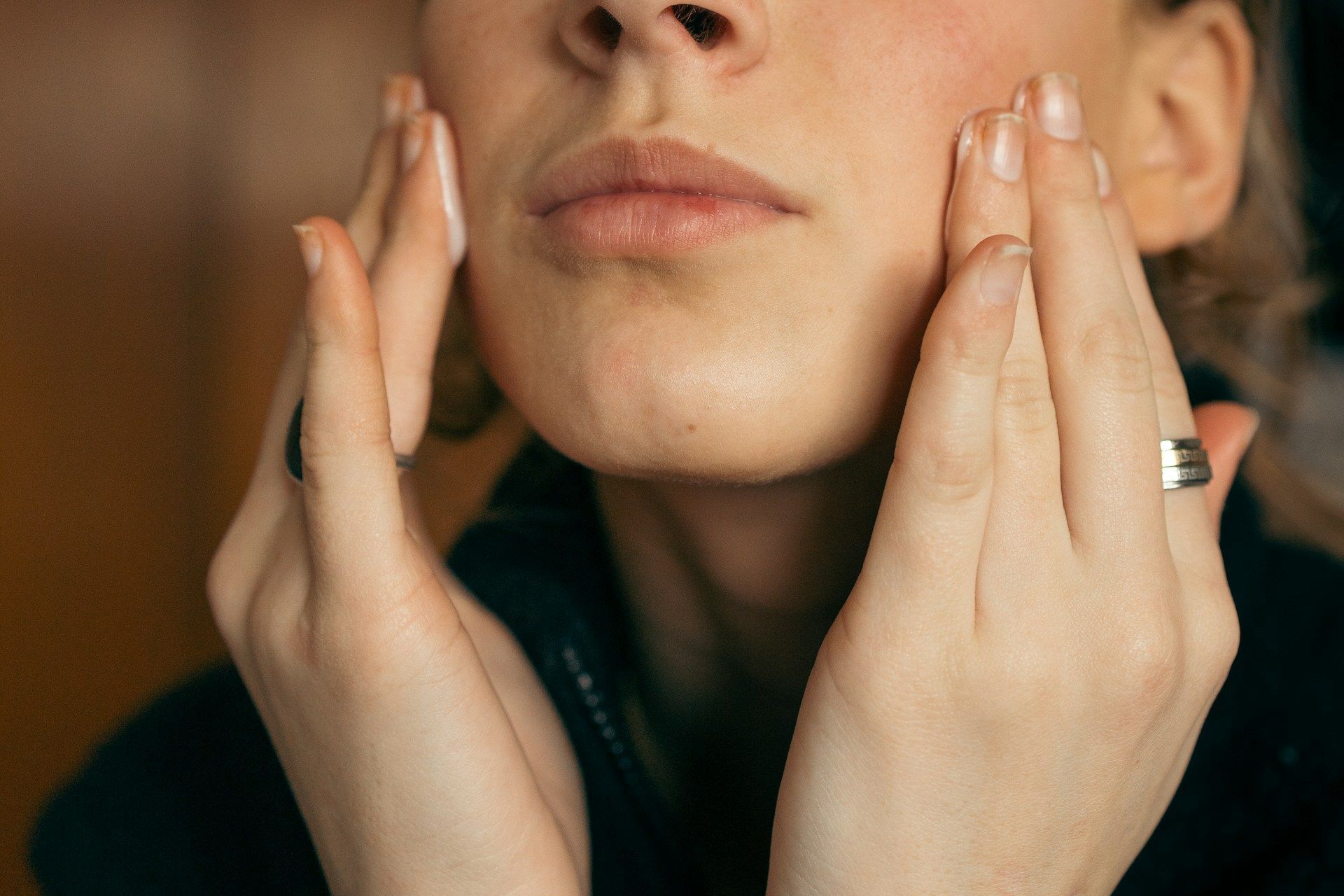How Effective Stress Management Can Aid in Treating Sleep Apnea and TMJ Disorder

You've probably heard the saying, "Life is stressful, but getting a good night's sleep shouldn't be." But what if stress is causing you to struggle with sleep apnea and TMJ disorder? It's an all-too-common problem that many people face. But don't worry, you're not alone in this. Managing stress can have a significant impact on these conditions and can help you achieve better health outcomes.
This guide is designed to help you understand how stress affects sleep apnea and TMJ disorder, and most importantly, provide you with practical strategies for managing your stress levels. We'll delve into the science behind these disorders, explore the relationship between stress and sleep, and give you a toolbox of techniques to help you unwind, relax, and catch those much-needed Z's.
Whether you've been dealing with these conditions for years or you're new to the world of sleep apnea and TMJ disorder, this guide will be your go-to resource for reducing stress and improving your sleep quality. Let's face it, there's nothing more frustrating than tossing and turning at night, feeling the effects of stress on your body and mind. So, let's work together to make those sleepless nights a thing of the past.
Stress and Sleep Apnea: The Connection
Sleep apnea, a condition characterized by repetitive pauses in breathing during sleep, can be significantly impacted by stress. High levels of stress can lead to:
1. Poor sleep quality: The presence of stress hormones in the body may disrupt the natural sleep cycle, leading to insufficient restorative sleep and exacerbating sleep apnea symptoms like daytime fatigue and difficulty concentrating.
2. Increased muscle tension: Stress can cause tension in the muscles surrounding the throat and airway, which may further narrow the airway and worsen sleep apnea symptoms.
3. Weight gain: Chronic stress has been linked to weight gain due to emotional eating and hormonal imbalances. Since obesity is a significant risk factor for sleep apnea, effectively managing stress can help maintain healthy weight levels and potentially improve sleep apnea symptoms.
Stress and TMJ Disorders: The Connection
TMJ disorders, which affect the temporomandibular joint connecting the jawbone to the skull, can also be exacerbated by stress. High stress levels may contribute to:
1. Teeth grinding and clenching: Stress often leads to bruxism, or the unconscious grinding or clenching of teeth. This unconscious behavior can place excessive strain on the temporomandibular joint, worsening TMJ disorder symptoms such as jaw pain and stiffness.
2. Increased pain sensitivity: Stress has been found to heighten the body's sensitivity to pain, potentially leading to an increase in TMJ discomfort and dysfunction.
3. Compromised immune function: Chronic stress can impair the immune system's functionality, making it less effective in dealing with inflammation and pain associated with TMJ disorders.
Practical Strategies for Managing Stress
To minimize the detrimental effects of stress on sleep apnea and TMJ disorder symptoms, adopting effective stress management techniques is essential. Consider implementing the following strategies:
1. Practice mindfulness and relaxation techniques: Regularly engaging in relaxation techniques such as deep breathing, meditation, or progressive muscle relaxation can help reduce stress levels by promoting a sense of calm and well-being.
2. Regular exercise: Physical activity is a well-known stress reducer, as it stimulates the release of feel-good endorphins and provides an outlet for excess energy and tension. Aim for at least 150 minutes of moderate-intensity exercise per week for optimal health benefits.
3. Prioritize sleep: Develop a healthy sleep routine with a consistent sleep schedule, a relaxing bedtime routine, and a comfortable sleep environment to promote restorative sleep and reduce stress levels.
4. Seek social support: Connecting with friends, family, or support groups can provide emotional support and an opportunity to share your feelings and experiences, which can help alleviate stress.
5. Implement time-management techniques: Efficient time management can reduce stress levels by allowing you to maintain control over your daily responsibilities and activities. Break down tasks into manageable steps, plan your day in advance, and avoid overcommitting.
The Role of Stress Management in Alleviating Sleep Apnea and TMJ Disorder Symptoms
Stress management plays an integral role in managing sleep apnea and TMJ disorders, as stress can significantly impact the severity of these conditions. Implementing practical strategies for managing stress, such as mindfulness techniques, exercise, prioritizing sleep, and seeking social support, can contribute to improved symptom control and overall well-being.
In conjunction with
sleep apnea doctors in Meridian, at The Center For Sleep Apnea and TMJ, patients can work towards creating a comprehensive, holistic treatsleep apnea decorators in Meridianment plan that addresses the physical, psychological, and emotional aspects of their condition. Ultimately, a focus on stress management as a crucial component of sleep apnea and TMJ disorder care can empower patients to lead healthier, pain-free lives.
Contact Us
The Center for Sleep Apnea & TMJ
1718 S Millennium Way, Meridian, ID 83642
Phone: (208) 376-3600
Fax: (208) 376-3616
All Rights Reserved
The Center for Sleep Apnea & TMJ
All Rights Reserved - Accessibility Statement
The Center for Sleep Apnea & TMJ










